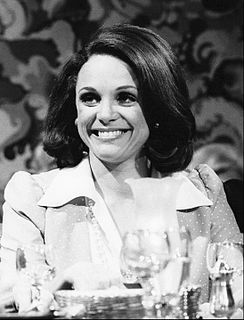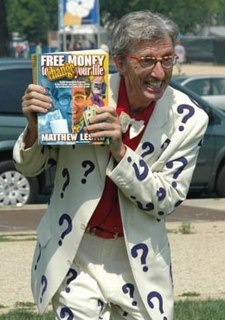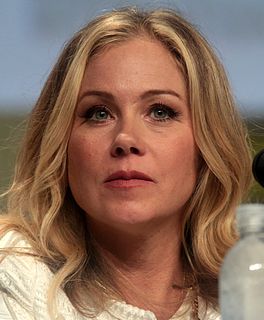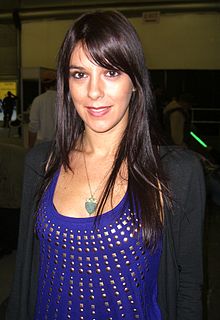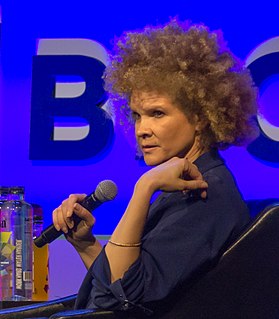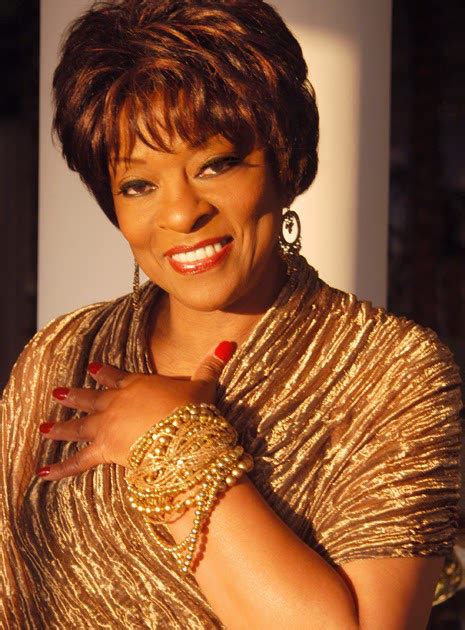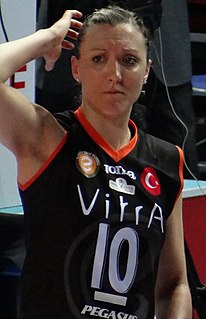A Quote by Sheryl Crow
I am joining the more than 200,000 women who will be diagnosed with breast cancer this year... I am inspired by the brave women who have faced this battle before me and grateful for the support of family and friends.
Related Quotes
Incredibly, nearly 70,000 Young Adults between 15-39 are diagnosed with cancer each year. 10,000 will not survive. This is a very important stat for me, because I fall in this category. I am one of these statistics. Unlike every other age group, there has been no improvement in the 5-year survival of young adults in 30 years. That means many young adults have the same chance of getting cancer and dying from it as they did in the 1970's. This is not OK.
MAD FREE is a conversation project, not an organization, but I've literally have seen women have breakthroughs in real time. They learn and connect. I've had more women I could count say one of our conversations inspired them to be bold and wonderful things like getting PHD's or traveling to the continent. I am certainly far more inspired by the community of women than they are inspired.
I would tell a newly diagnosed young woman that breast cancer is a complex disease which can be frightening and confusing, and it's normal to experience these emotions, and having a good support system is important. Be an active participant in your treatment, follow your doctor's instructions and ask questions. Also, I would tell her that there have been many advances in breast cancer and women are now living much longer.
Despite the fact that one in every two men and one in every three women will be diagnosed with cancer in their lifetime, no one ever expects it to happen to them. I surely didn't. I was an otherwise healthy 37-year-old when I was diagnosed in 1996 with multiple myeloma, the same rare cancer Tom Brokaw has.
I chose the Pink Fund because my mom was diagnosed with breast cancer and I was pretty young in high school. At the time when she got re-diagnosed, my family had to move and they lost a job. Times were tough a little bit financially. The Pink Fund allows money to be raised to help women in need. I'm really excited to be able to represent that.
Being a breast cancer survivor, as I like to call myself - it will be twenty years next year - I did it to make it possible for women to do regular self breast examinations. It's really important - and, it makes common sense: you know your body better than the doctor does who only sees you once a year, you know?



